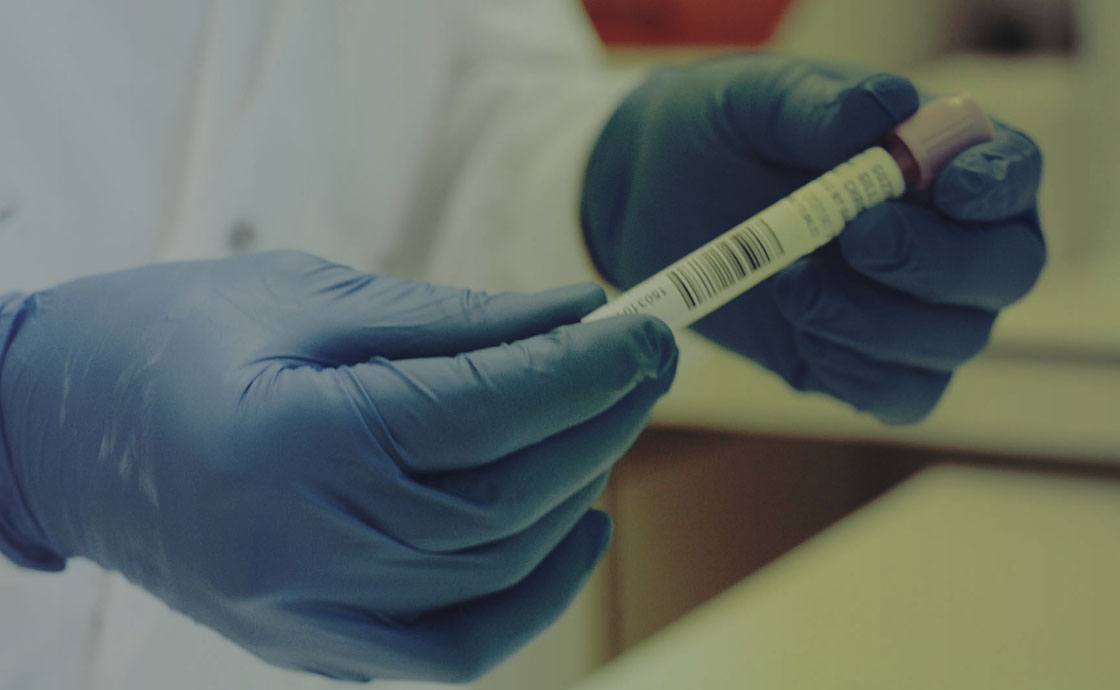Comment: Should men get a PSA test?
- Overview

It stands to reason that men concerned about prostate cancer should do everything in their power to have themselves definitively diagnosed. But this is much easier said than done. The process can be long and difficult, whether you have cancer or not.
Commonly, a suspicious PSA blood test result will kick start a man’s journey to discover if he has cancer. But studies continue to cast doubt over the test’s value as a screening tool. One publication recently called for all concerned or high risk men to have the test from the age of 45, others question whether older men should be tested at all. So what advice should men follow?
“The key is for men to understand the risks of looking for prostate cancer, not just the risk of cancer itself.”
What the PSA test does and doesn’t do
It’s a simple blood test like any other. It takes a few days to process and can highlight problems with the prostate gland. It does not diagnose or detect cancer; instead, the test is looking for raised levels of the prostate-specific antigen. Raised PSA levels could indicate benign changes, an infection or possibly cancer. Cancer is not the likely culprit – in fact 3 out of 4 men with raised PSA do not have cancer. On the other hand, after 13 years of monitoring results, a European study found randomised prostate screening could cut prostate cancer deaths by up to 21%.
So what’s the problem?
Finding raised PSA could be an early indication of prostate cancer, or it may be nothing of the sort, and therein lies the problem - What man could simply walk away from a raised PSA without investigating further?
Because of where the prostate is located in the body, further investigations and treatment for prostate cancer are very invasive and come with possible side-effects, including erectile dysfunction and incontinence. We also know that prostate cancer and its outcomes are hard to predict. Most diagnosed men live for many years with a good quality of life. Unfortunately in some cases the cancer is extremely aggressive and can prematurely end the life of an otherwise healthy man.
“It’s not your isolated PSA result that is the most important thing, it’s how it trends over time.”
My advice?
The key is for men to understand the risks of looking for prostate cancer, not just the risk of cancer itself. I recommend men read up on the possible risks and outcomes of having the PSA test. Prostate Cancer UK and Public Health England have produced excellent guides.
In the past few years, research has told us that if you have no symptoms and are otherwise well, it’s not your isolated PSA result that is the most important thing, it’s how it trends over time.
Men at highest risk of prostate cancer – those with a family history, of black ethnic origin or are overweight or obese – should start checking their PSA early from the age of 40. For other men, my advice is this:
If you are worried and happy to take the risk of the PSA, have a test to ‘know your number’. It can then be tracked over time by your GP and sudden jumps (for example, the value doubling) could predict a problem. If you are aged 60 or over and your PSA level is <1ng/ml, good news, you can probably stop checking your PSA as your risk is extremely low for developing prostate cancer in the next few years.
Last updated Monday 3 October 2016
First published on Wednesday 6 April 2016


